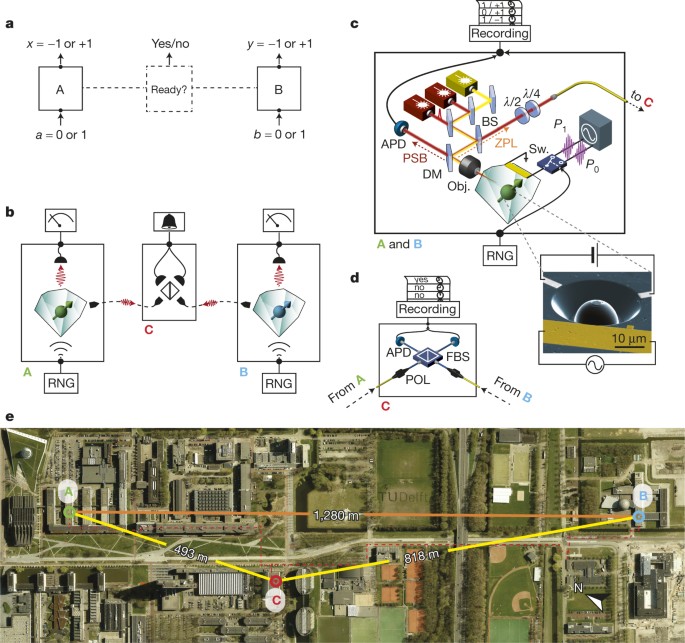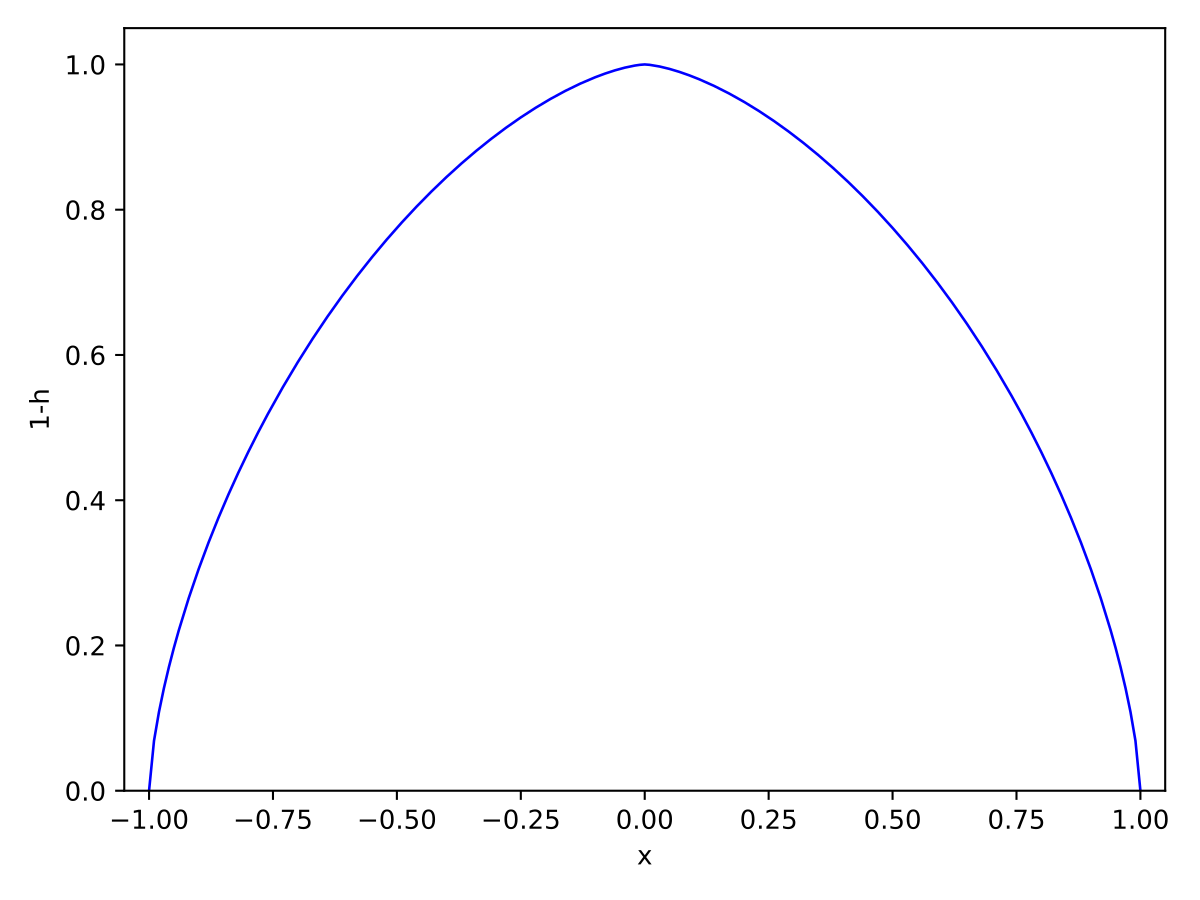So, my degree is in philosophy, and you're doing a ton of assuming here.
Firstly, the universe is not deterministic and we've known that for at least 100 years. At least not in the sense that all process are completely and totally deterministic. Most recently the 2015 Bell Tests have been called the final and ultimate nail in the idea of laplacian determinism.
Second, knowing what I just said, your statement that "in the exact configuration it is currently in because that is the only configuration it -could- be in based on it's initial trajectory during the Big Bang" is objectively, and not even controversially, false. While we can invoke the PSR to say that reality had to have some foundation from which all other existence springs, that does not mean that the initial condition determined all future states of the universe. Again, this isn't new, this is from the 1920s.
Thirdly, libertarian free will has been my area of study for the last decade and I'd be happy to go into length on any of these issues. While a determinist universe can be argued for, as a matter of academic responsibility I cannot allow you to just assert it's truth unchallenged, especially when it is an increasingly minority opinion.
See:
A Bell experiment that is ‘loophole’ free—leaving no room for explanations based on experimental imperfections—reveals a statistically significant conflict with local realism

www.nature.com

www.ncbi.nlm.nih.gov
PDF | The most prominent argument for the incompatibility of free will and determinism is Peter van Inwagen’s consequence argument. I offer a new... | Find, read and cite all the research you need on ResearchGate

www.researchgate.net



